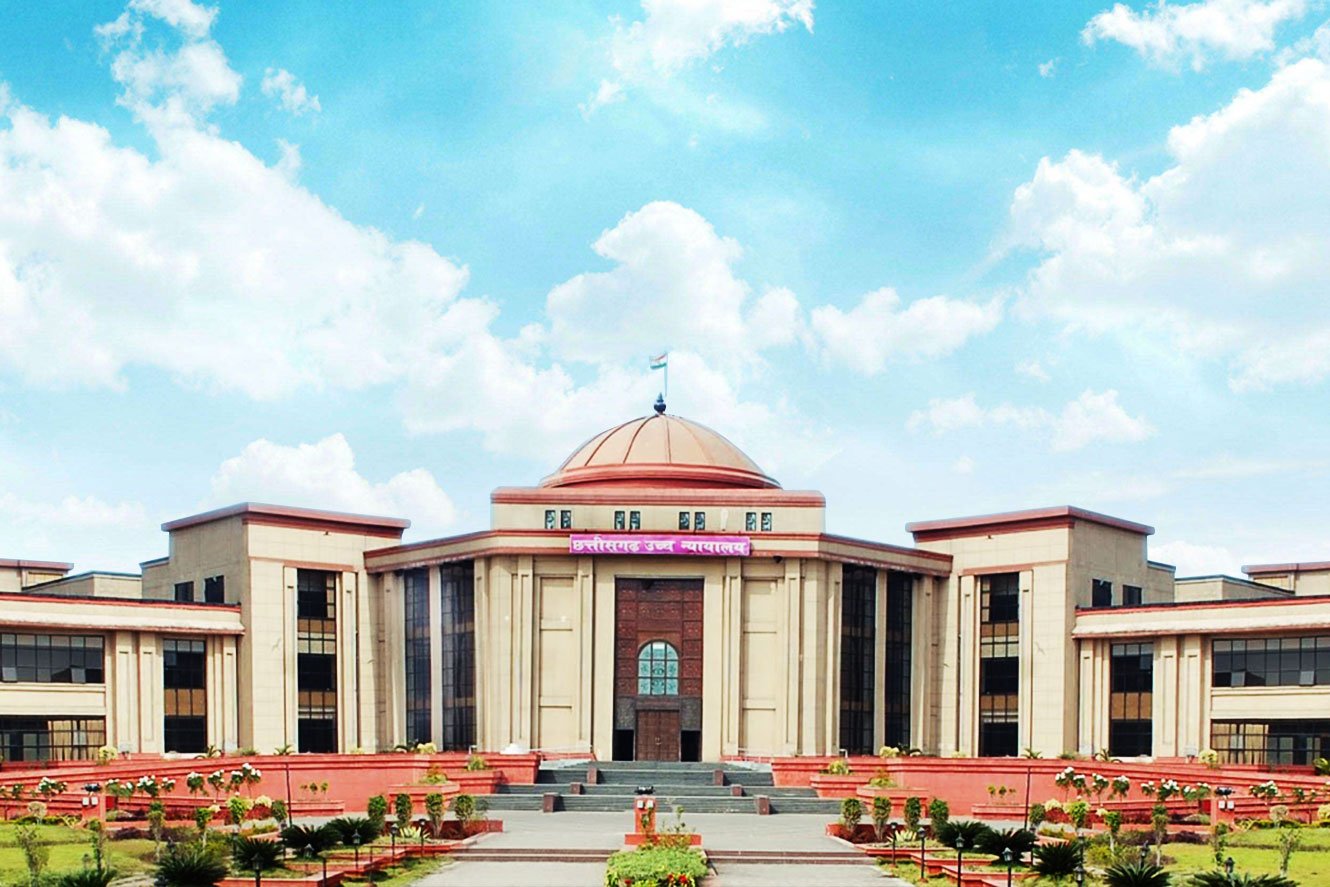Raipur — The Chhattisgarh High Court has expressed sharp concern over the prolonged delay in appointing Examiners of Electronic Evidence, critical posts mandated under the Information Technology (IT) Act, 2000.
A division bench of Chief Justice Ramesh Sinha and Justice Bibhu Datta Guru noted that despite the legal framework for cyber governance being in place for over two decades, essential appointments remain pending. The court said the absence of certified examiners undermines investigations and adjudication in cybercrime cases, effectively crippling the state’s capacity to deliver justice in the digital realm.
Role of Electronic Evidence Examiners
Under Section 79A of the IT Act, Examiners of Electronic Evidence are designated to authenticate, analyze, and present digital records in court — ranging from email trails and encrypted data to mobile forensics. Their testimony often serves as the backbone of digital investigations, especially in cases involving financial fraud, hacking, or data breaches.
The bench observed that the failure to appoint such officers “directly affects the justice delivery system,” stressing that these roles are not bureaucratic formalities but essential to due process.
FCRF Launches CCLP Program to Train India’s Next Generation of Cyber Law Practitioners
State and Centre Blame Each Other for Delays
During the hearing on October 6, the state government informed the bench that the first stage of the appointment process had been completed, and that the second stage was underway. However, the Union of India had raised certain queries, to which the state was yet to respond.
State counsel Mishra sought one month’s time to address the pending issues. The court granted the request but warned against further procedural delays, directing that the matter be listed again on November 4.
Observers say the exchange highlights a deeper issue: bureaucratic inertia at both state and central levels, even as cyber offences grow more complex and transnational.
Cyber Threats Outpace Institutional Readiness
Experts note that while India’s digital economy grows rapidly, its legal and enforcement systems remain ill-equipped to handle electronic evidence with consistency and speed.
Chhattisgarh’s case, they argue, reflects a national trend — where gaps in staffing and procedural compliance are slowing down justice in cybercrime cases. The High Court’s intervention could mark a turning point in forcing governments to modernize their forensic and investigative frameworks.
The judges’ insistence on urgency underscores a message increasingly echoed across the country: in the digital era, timely appointments are not just administrative necessities — they are a constitutional safeguard for citizens’ rights.


